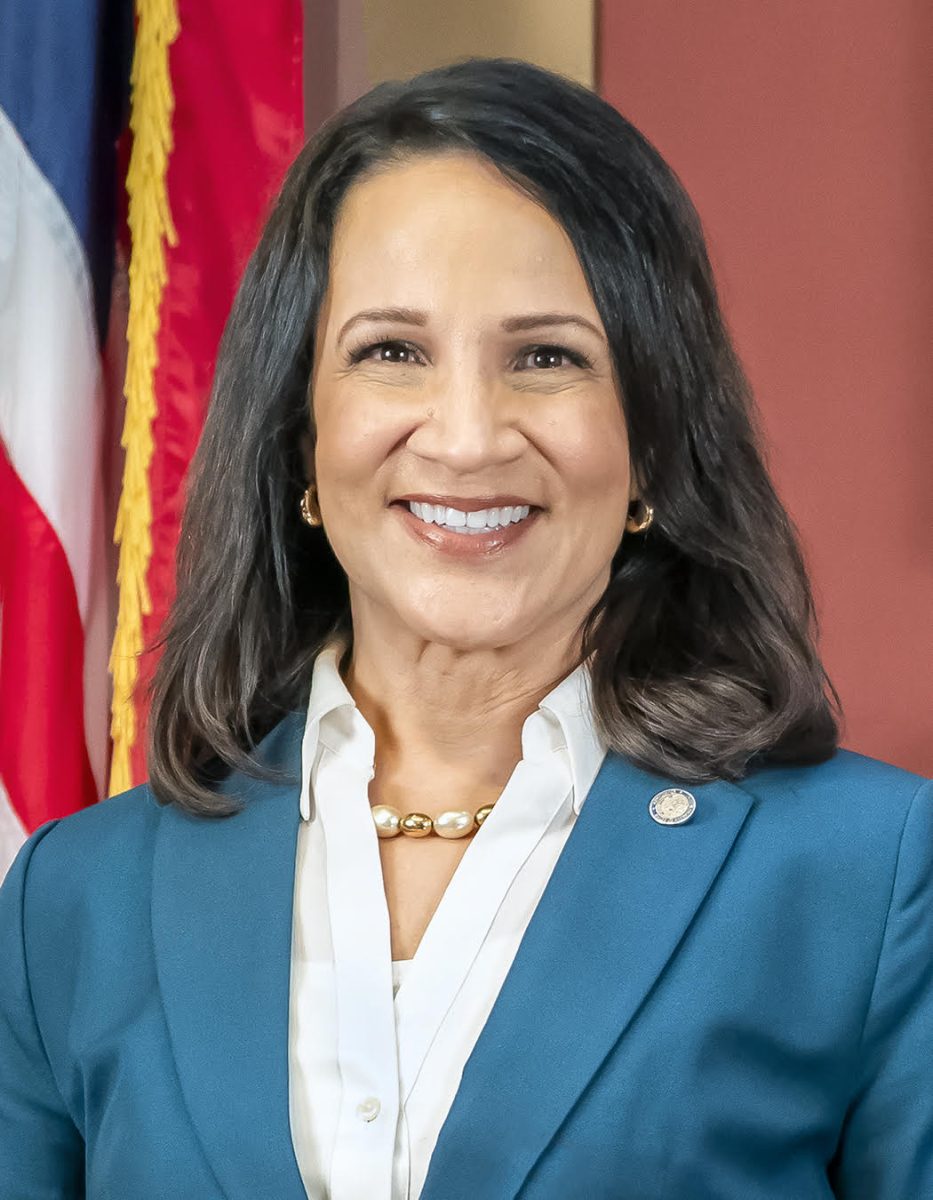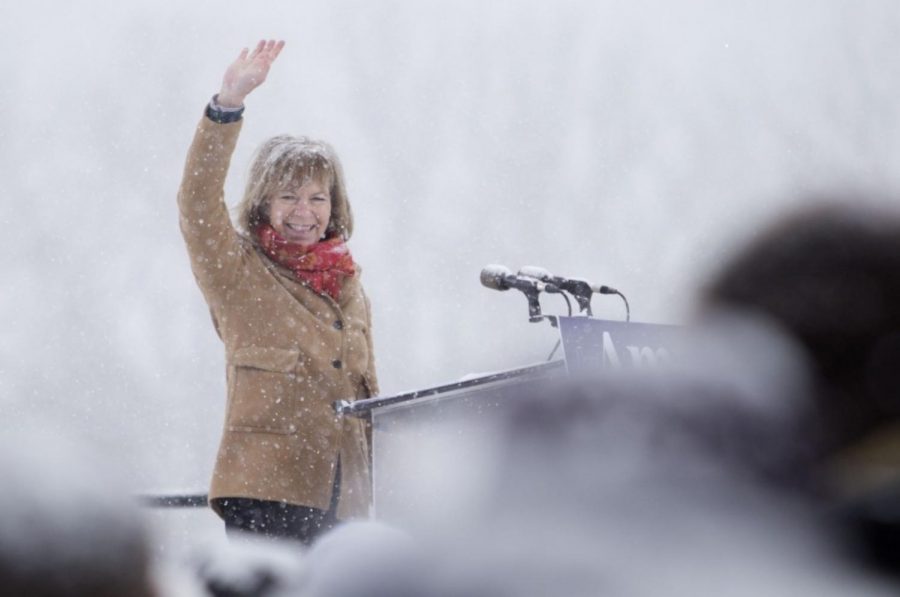Though both his father and stepfather were politically active back in Somalia, Ward 6 Minneapolis City Council member Abdi Warsame did not intend to follow their lead.
But circumstances changed after settling in Cedar-Riverside. Issues like affordable housing, lack of recreational space, but most of all unemployment and underemployment, inspired his run for office, he said.
“For me it was never a first choice,” Warsame said. “In a way, we got involved by accident.”
The Africa Village Public Market Project in Cedar-Riverside, announced by city officials earlier this year, would attempt to improve on many of those issues simultaneously. As the next step of the project is slated for later this month, with the community’s help and input, Warsame said the space can help fulfill his campaign promises.
From East London to the West Bank
Warsame, his mother and five siblings arrived in London in the late 1980s, seeking asylum in the years of political unrest before the civil war that would send Somalis around the globe. He immigrated to the United States with his wife in 2006, taking up residence in the predominantly East African neighborhood of Cedar-Riverside.
Through activism, specifically his time with a tenant advocacy group, he became aware of various concerns his community was facing.
“The fact that we live in a very rich state and a very rich city, and a large number of Somali and East African community members were either unemployed or underemployed,” Warsame said, “that’s one of the reasons why I ran.”
Warsame beat out incumbent Robert Lilligren in Minneapolis’s 2013 municipal election to represent six downtown and south Minneapolis neighborhoods, including Cedar-Riverside.
He won his reelection four years later in a much more contested race, beating out now-Rep.Mohamud Noor, DFL-Minneapolis, for the seat in 2017 after a recount initiated by Noor.
Ryan SanCartier, Warsame’s current senior policy aide and campaign manager during his reelection effort, said Warsame has always been an ally to his constituents.
“If his opponent at the time said something that he felt diminished the qualities of the Ward 6 community, or if people do that now while he’s in office, a lot of the time I’ll have to text him and be like, ‘keep your cool’,” SanCartier said. “If anyone throws any type of shade towards them, he is ready to come out swinging for that person or for that group.”
Challenges and successes “bigger than any office”
Being one of the first Somali-Americans in the country to win a municipal election came with notoriety in the Somali community, from interviews by the BBC World Service shortly after his victory to being recognized at his local mosque. Fellow worshipers even recognized him when he journeyed halfway around the world to Mecca for Hajj.
Warsame said his office deals with the needs of his ward and the Somali community from other areas about issues ranging from immigration to Islamophobia and racism. Managing the expectations of his community and the limits of his position is a challenge, he said.
“It’s a privilege to have that kind of influence, but it’s also a huge burden at the same time,” Warsame said. “You’re the one who’s supposed to chart the course or find a remedy when these are issues that are much bigger than any office.”
Despite certain obstacles, Warsame has seen some of his goals come to fruition.
Among them was the creation of the Cedar Riverside Opportunity Center, a space that helps community members find employment. The center, that opened in 2017, helped hundreds of residents find employment in its first year.
“He advocated very aggressively and very seriously, and he put all his weight behind having the center established,” said Saeed Bihi, manager of the center. “Without him, I don’t think that it would have been possible.”
A market met with mixed reactions
This past summer, Warsame, along with Minneapolis Mayor Jacob Frey, announced the development of an Africa Village public market. The space, which is currently a city-owned parking lot, would feature space for aspiring vendors, affordable housing and recreational space for youth.
“This came about because of the community’s interest and the community’s needs and the lack of space,” Warsame said.
The announcement was met with disapproval by many community members, citing a lack of public engagement in the process. A listening session held by city officials at the Brian Coyle Center in late August was cancelled mid-meeting after protesters disrupted the event.
Russom Solomon, owner of the Red Sea bar and grill and West Bank Business Association member, said he and many others were surprised by the announcement because they were not consulted beforehand.
“Why don’t you have legitimate engagement with the whole neighborhood [and] people who live there, and have an open mind to what people are saying, and then go to the drawing board?” Solomon said.
City officials have continued efforts to get resident input through listening sessions and meetings with various community groups.
The Cedar-Riverside partnership, a collective of organizations and stakeholders in the neighborhood, met on Sept. 30 and passed a resolution with 10 development goals for the project.
In addition to the resolution, city officials received a petition on Sept. 27 that contained more than 1,200 signatures in support of the market. More than 1,000 of the signatures are from Cedar-Riverside residents, according to Warsame’s office.
The request for proposal for the market is set to go out later this month, in which developers will present bids to develop the project. Warsame said that while the project has a long way to go, community input will be a large component along the way. It is their market, not his, he said.
“I’m not a developer,” Warsame said. “Is [the community] going to agree on every single thing? No — no community is homogeneous like that … but the main thing is that we’re listening to them, and we’re taking their points into consideration.”







